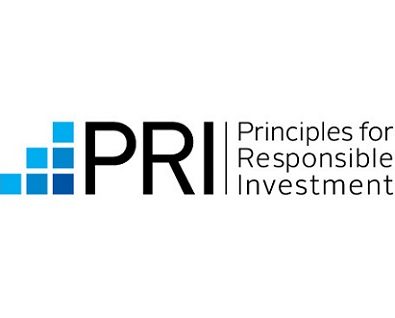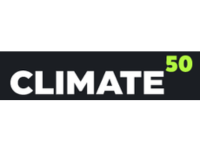HADDONFIELD, N.J. (DTN) — Steve Hess may be the grandfather of nine, but when it comes to farming, he is a millennial at heart. In fact, Hess, his wife Phyllis and their son Marcus are adopting cutting-edge technology this season they hope will help lift their Bushnell, Illinois, grain yields and profit margins through 2016 and beyond.
This spring, the Hess partners spent $70,000 rebuilding a five-year-old planter to make it capable of seeding multiple hybrids or varieties in the same field. Software glitches were a headache during late nights planting, Steve admitted, not unlike the pioneering days of GPS. But he remains hopeful that Beck’s Hybrids’ research showing 13-bushel advantages in corn yield will make the effort worthwhile.
“I wish I’d taken a picture of all the planter parts I’ve replaced in my career. But if we capture just half of the $40-per-acre advantage Beck’s found in corn, plus some benefits in soybeans, we should pay for the upgrades in two years or less,” Steve said.
For $500 per year, the Hess family also became members of Farmers Business Network (FBN), a two-year-old cloud-based data service backed by Google Ventures. Already it has enrolled members with more than 7 million acres. By sharing actual data from those fields, the company can independently assess yields, plant populations and return on investments for hybrids planted on similar soil types.
After mining the FBN seed finder database, the Hesses switched their biggest order to a seed company that offered more top-yielding hybrids for their soil types, again hoping for a significant yield boost.
Through FBN’s bulk purchasing service, they also obtained a bid sheet on about 180 mostly generic ag chemicals they could buy delivered to the farm. Though they chose not to purchase direct from FBN in 2016, they saved roughly 8% to 10% on their crop protection chemicals ordered from three local suppliers. One downside was more management and more generics, Steve noted. However, access to the price list itself boosted their confidence when shopping for inputs.
“We just ask our local suppliers to give us their best price up front. We don’t have a lot of time to negotiate,” Steve said.
To read the full article, visit dtn The Progressive Farmer.











